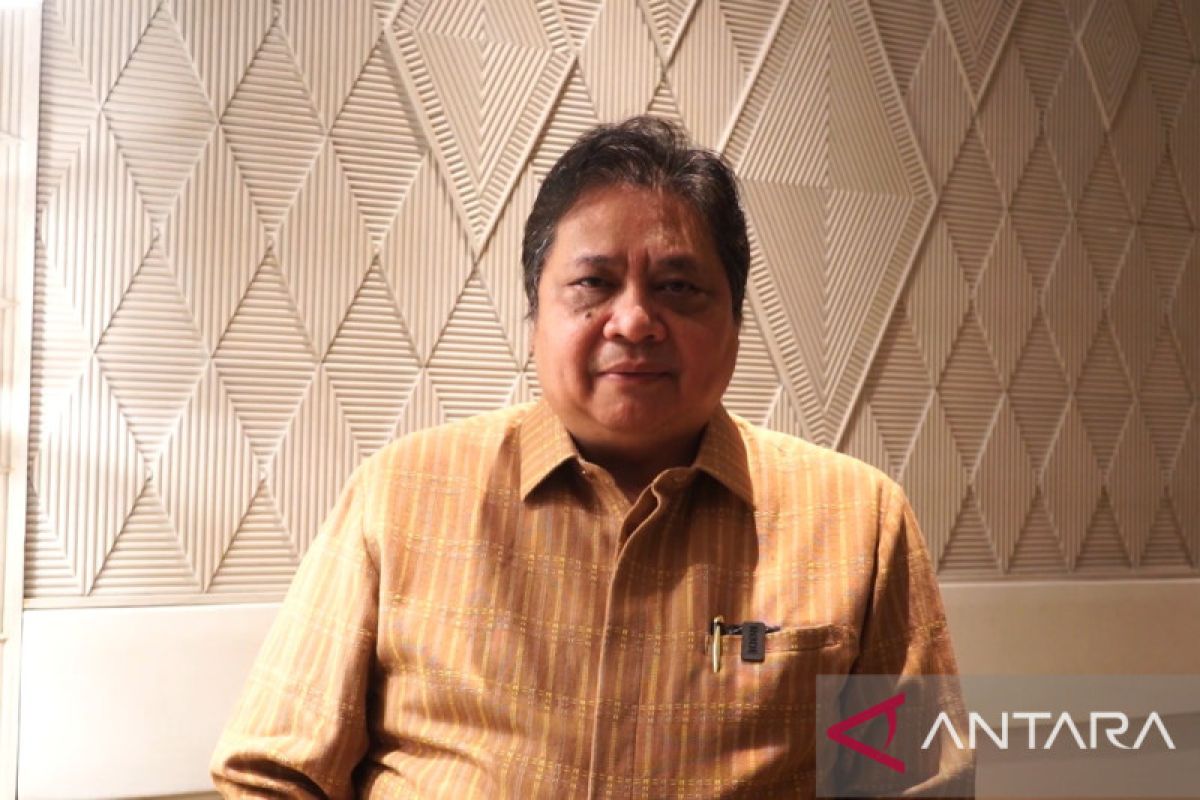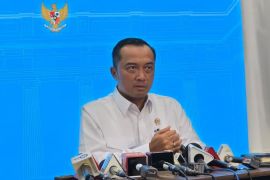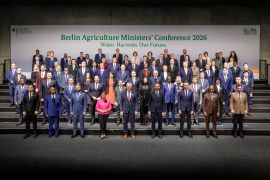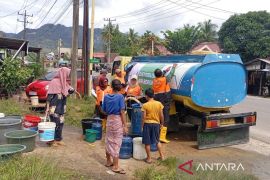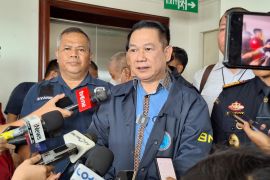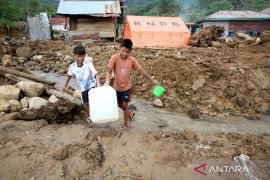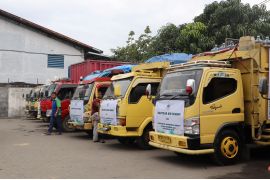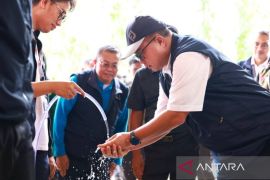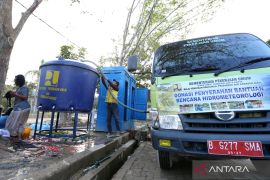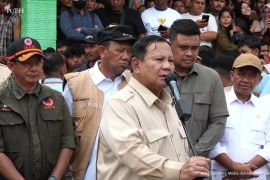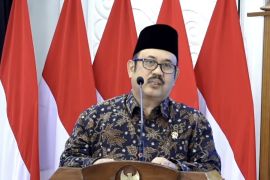Let us hope that, within the next two years, we can achieve the RPJMN (Medium-Term National Development Plan) target on sustainable water managementJakarta (ANTARA) - The sustainable water resource management program is necessary to improve Indonesia's water resiliency, Coordinating Minister for Economic Affairs Airlangga Hartarto noted through a statement on Tuesday.
"The Indonesian Government remains committed to bolstering the realization of sustainable water resource management from time to time," he noted.
In the short term, the government has determined several targets related to sustainable water resource management in 2024.
These targets comprise 100-percent housing with adequate drinking water access, and 30-percent residences to having piped drinking water access.
In addition, increasing the capacity of national water resources to 2.3 billion cubic meters and sustainable irrigation water supply from the reservoir of 355.8 thousand hectares is targeted.
"The government directed structural and non-structural strategies as an effort to bolster sustainable water management to strengthening the quantity, quality, continuity, and accessibility of water resources to improve the people's prosperity," he stated.
One of the structural strategies that the government implements to maintain national water resiliency lies in four draft regulations.
These regulations are derived from the Job Creation Law and Law No. 17 of 2019 on Water Resource on provision of drinking water, water resource, water resource management, and irrigation.
Moreover, the government had formed the National Water Resource Council through President Regulation No. 10 of 2017.
The council's job is to provide suggestions and considerations to the president in implementing water resource management national policies as well as coordinating the making and execution of national policies on water resource management.
The recommendation provided by the council concerns water resource management that supports sustainable food recovery and shoreline problem handling, specifically in the north coast of Java, the minister added.
Other structural strategies include formulating Presidential Regulation on Water Resource National Policy, creating Presidential Regulation on Strengthening and Developing Hydrology, Hydrometeorology, and Hydrogeology (SIH3) System Management Policy at the national level, and formulating the National Water Resiliency Index policy.
Related news: Ministry expects to complete Sepaku Semoi Dam by 2023
Moreover, the government's non-structural strategy in national water resource management is constructing reservoirs for increasing the national water capacity and ensuring flood protection, raw water, and irrigation supply, as well as a green energy source.
Some 57 dams are targeted to be completed by 2024.
"This is a long term effort supported by strong collaboration," Hartarto remarked.
"Let us hope that within the next two years, we can achieve the RPJMN (Medium-Term National Development Plan) target on sustainable water management," he stated.
Related news: President inaugurates Paselloreng Dam in South Sulawesi
Translator: Kuntum Khaira R, Fadhli Ruhman
Editor: Rahmad Nasution
Copyright © ANTARA 2022
